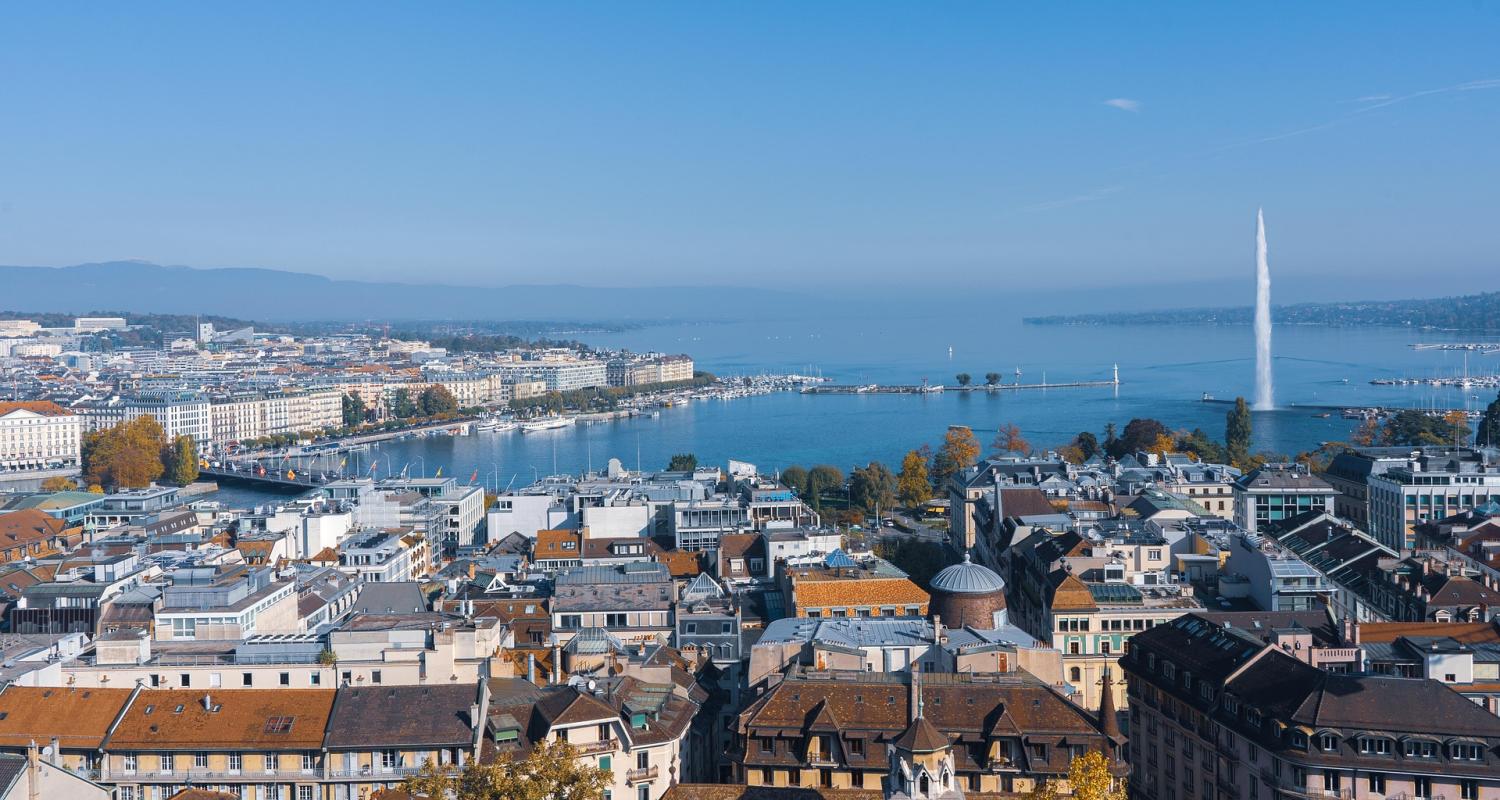Switzerland
Switzerland is a federal republic with 26 cantons, each of which has its own constitution and government. This structure is a crucial aspect of Switzerland's political system, as the cantons have a significant degree of autonomy. They are responsible for matters such as education, health, and local law enforcement, while the federal government handles issues of national importance, such as defense and foreign affairs.
Although the country is located at the heart of Europe, it is not part of the European Union or European Economic Area. Proudly independent, its geopolitical neutrality has made it a popular headquarters for many international organizations and businesses, such as the UN and Red Cross in Geneva.
Switzerland uses the Swiss Franc (CHF). Be aware that shops in Switzerland generally close early in the evening, and many are closed on Sundays.
A land of polyglots
With four national languages (German, French, Italian and Romansh) and over 21% of the population consisting of foreign citizens, Switzerland is a unique melting pot. Although the majority of people (60%) speak German - or, more precisely, Swiss-German - Swiss residents often speak at least two languages, so you’ll have plenty of opportunities to put your foreign language skills to practice. But don’t worry, many Swiss are also very comfortable communicating in English, too.
Geneva
Geneva is situated on the south end of picturesque Lake Geneva where the Rhone River empties and its famous Jet d'Eau (fountain) always greets you with a celebratory feeling.
The city is bordered on three sides by France and enjoys magnificent views of the Alps. Given its proximity to France, the city of Geneva is heavily influenced by French culture and it’s not unusual for people to commute between countries.
In addition to strolling around the Old Town, be sure to visit the Flower Clock, The Reformation Wall in Parc des Bastions which commemorates the spread of the Calvinist movement, and the International Red Cross and Red Crescent Museum. Remember you’ll need to plan in advance if you want to take a tour of CERN or the Palais des Nations. If enough time allows, go for a hike in the Alps or cruise in a boat on sparkling Lake Geneva, and don’t forget to reward yourself with some world-famous gourmet chocolate and savory cheeses!
Transportation
As a student on this study abroad program, transportation to and from Geneva is solely your responsibility.
Although other study abroad programs might have designated group travel, we allow students on this program to make their own arrangements in order to give you the flexibility to travel within Europe before and/or after the program.
You are required to be present in Geneva by May 16 at 4:00 p.m.
By Air:
Most students fly into Geneva Cointrin International Airport. Faculty will meet students at the Geneva airport on May 18 and accompany them to the hostel.
By Train:
You can also arrive in Geneva via train if you are traveling from elsewhere in Europe.
Travel Passes:
As you might expect, Switzerland has an outstanding public transportation system.
As part of the course fees, you’ll receive a travel pass to all public transportation in Geneva. This will permit unlimited use of the train, bus, and water taxi system within the area.
Travel to/from our organized day trips is also included in the course fees.


